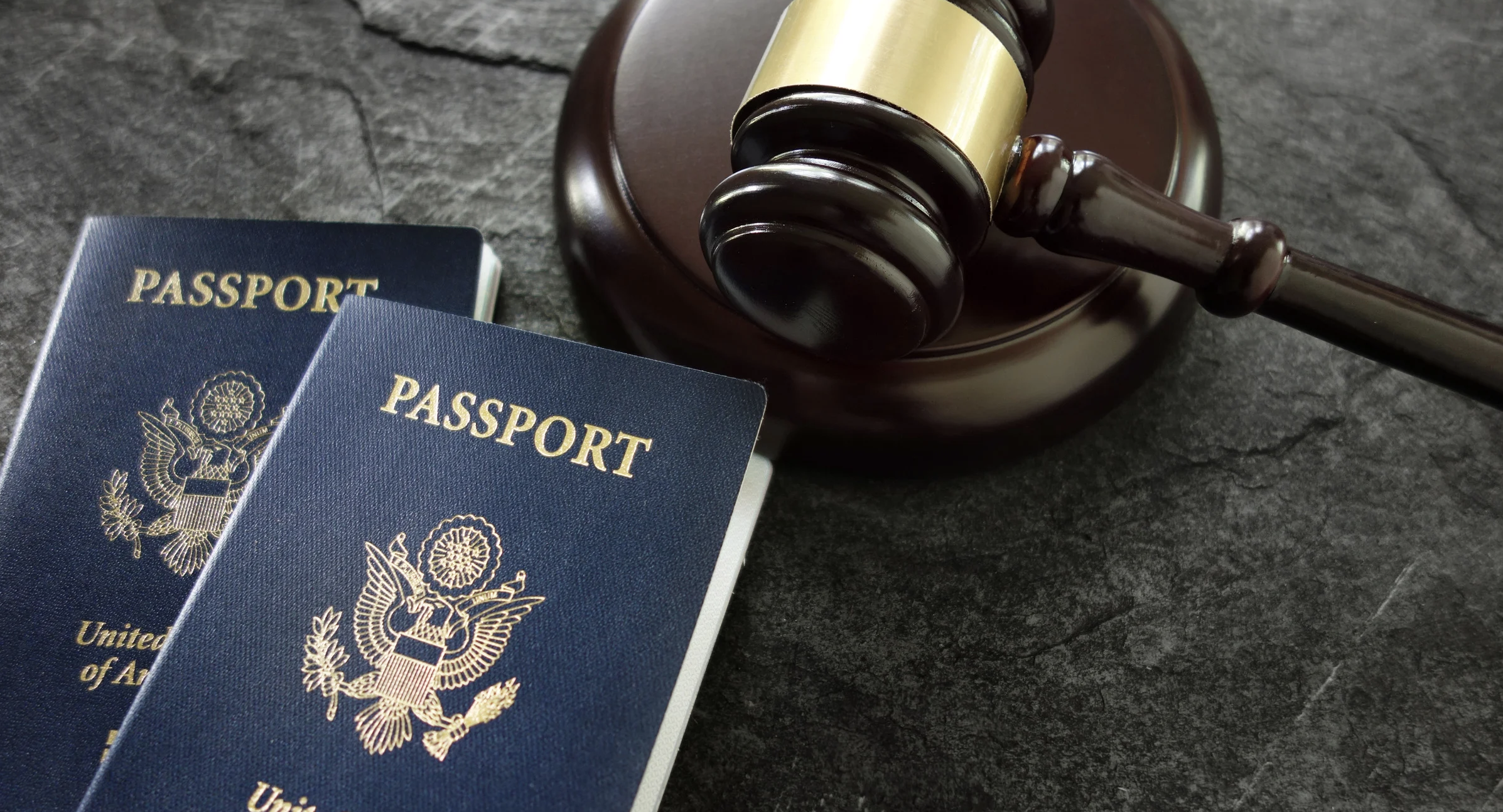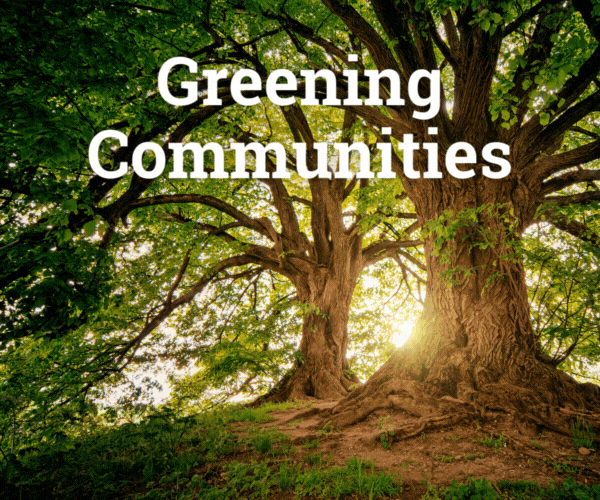On his first day in office, President Trump signed an executive order redefining who gets to be an American.
On Thursday, May 15, the Supreme Court heard arguments from challengers to Trump’s January 20 Executive Order 14160 — denying U.S. citizenship to babies born to a mother who is either illegally present in the U.S. or has legal temporary status, and a father who is neither a citizen nor a legal permanent resident — on the grounds that it may violate long-held Supreme Court precedent around the 14th Amendment of the Constitution.
The amendment, known as the Citizenship Clause and added to the Constitution in 1868 after the Civil War, states that “(a)ll persons born or naturalized in the United States, and subject to the jurisdiction thereof, are citizens of the United States and of the State wherein they reside.”
“Trump’s executive order is based on a fringe legal theory that tries to expand the one limiting clause of the 14th Amendment ‘subject to the jurisdiction thereof,’” explained Martin Kim, director of immigration advocacy at Asian Americans Advancing Justice, at a Friday, May 16 American Community Media briefing on birthright citizenship, the theory being that U.S.-born children of undocumented immigrants and temporary visitors may not be subject to U.S. jurisdiction based on ties to their parents’ home country.
Federal justices of Washington, Maryland and Massachusetts issued nationwide injunctions blocking enforcement of Trump’s order soon after it was signed.
The core of the over-two-hour Supreme Court hearing involved debates over the ability of individual district judges to override presidential executive actions nationwide, which may violate the scope of judicial power under Article III of the Constitution.
and on the other, the legality of President Trump’s order to deny automatic birthright citizenship to U.S.-born babies, which may violate the 14th Amendment of the Constitution and long-held Supreme Court precedent.
The case involves three different lawsuits spanning 22 US states and many immigration advocacy groups.
“The three cases that were heard, they’re coming out of an emergency appeal. What that means is any decision we’re likely to see is unlikely to reach the core question of the legality of the executive order that the Trump administration attempted to implement,” said Kim. “But it’s our position that the president cannot change the Constitution through an executive order, cannot sign a piece of paper that says these people are citizens and these people are not.”
“The order stated that it’s future-facing,” effective for babies born February 19, 2025 onward, he continued. “It’s not meant to strip citizenship from people who are already citizens … But the actual argument that Trump’s administration is making, is that the President has the power to unilaterally decide who gets to be a citizen in the U.S., and that is obviously a very dangerous proposition.”
New projections released by the Migration Policy Institute and Penn State show that, were the order to prevail, it would increase the unauthorized immigrant population by an additional 2.7 million by 2045 and by an additional 5.4 million by 2075, compared to its growth under current understandings of the 14th Amendment.
Over the next 50 years, 255,000 children annually would be born in the U.S. without legal status.
“The goal of President Trump’s executive order is to reduce illegal immigration and to shrink the size of the unauthorized immigrant population. But if you look at the likely impacts, it would do the exact opposite,” said Julia Gelatt, associate director of the US Immigration Policy Program at the Migration Policy Institute and co-author of the study.
By 2075, the projections estimate 1.7 million U.S.-born children without citizenship or legal status who were nevertheless born to two parents who themselves were U.S.-born.
“Therefore, this executive order would have multi generational ripple effects if it were allowed to go forward by the courts,” said Gelatt. “Millions of U.S.-born children would grow up in the United States without access to public benefits during times of economic need. They would grow up without access, in many cases, to financial aid to pay for college, and they would grow up without the prospect of being able to have a professional career and work legally in the United States, since they would also lack work authorization.”
From 1995 to 2022, immigrants and their U.S.-born children accounted for 70% of all national civilian labor force growth.
Rescinding birthright citizenship “would create big administrative costs and burdens that would affect not just immigrants but all of us, as we would face administrative burdens and paperwork challenges to prove our citizenship and that citizenship of our children born here,” added Gelatt.
“This is an issue that would fundamentally undermine all the rights that flow from citizenship. It’s not just the issuance of a birth certificate. It is the right to work in this country. It is the right to travel freely … It is the right to vote, with great impacts on representation in battleground states,” said Cesar Ruiz, associate counsel at LatinoJustice, which filed a New York lawsuit challenging the order in February.
The suit was not among the three cases represented at the Supreme Court hearing.
“Birthright citizenship only continues the administration’s practice of targeting the Latino community,” he continued. “We’ve seen attacks on Venezuelans. We’ve seen attacks on Salvadorians. We’ve seen deportations of individuals even with permanent status — Kilmar Abrego, a legal permanent resident who was Salvadorian and who went through all of the proper channels, but was still wrongfully removed. The administration admitted that, and there’s still a fight to bring this person home.”
“We firmly believe that no president should have the power to simply rewrite our Constitution. That power is reserved for the people, and has not been vested in the president, because that would create catastrophic issues,” he added.
“This executive order, sure, it says that only babies born on February 19, 2025 and after do not have automatic birthright citizenship,” said Robert S. Chang, executive director of the Korematsu Center for Law & Equality at UC Irvine School of Law. “But if the US Supreme Court upholds this, it creates the risk that everybody who has parents in those two categories who are no longer US citizens, well, they could have the U.S. government denaturalize them.”
“This has to do with controlling who gets to be full members of our national community,” he continued. “Once this is restricted, it opens the door to other limitations in terms of who can become naturalized.”
“Even if they don’t win this round, it softens the ground for future efforts. It raises the question: Should we rethink who gets to be part of this nation?” Chang added. “It opens up this question in a way that I think is very dangerous during this political moment.”





